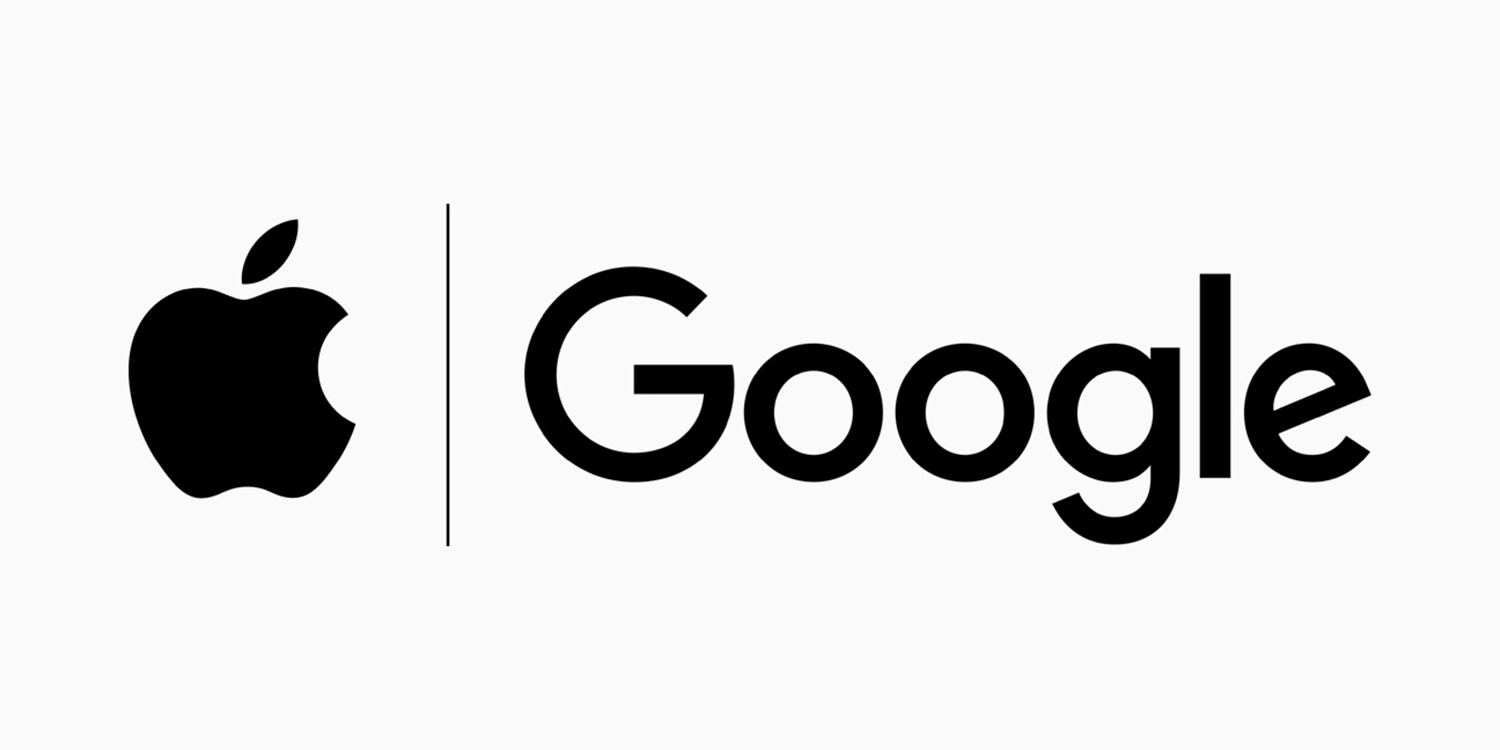Big problems require big solutions, and two of the biggest tech companies in history are currently putting aside their differences to work together on a cross-platform contact-tracing technology to help curb the spread of the COVID-19 virus.
The idea behind the project is to enable smartphones to keep track of users’ exposure to those with Coronavirus, even if there are no symptoms present at the point of contact. This information, collected via close-range Bluetooth connections, would give users a headstart in taking the right actions to combat further spreading of the virus.
Both Google and Apple have been very keen to make clear that user privacy is of the utmost importance with this endeavor, and that only users who opt-in will take part. Beyond that, all data will be stored anonymously on-device and won’t be shared with anyone. Plus, only official government health organizations will be able to use the features.
But how exactly will it work? Devices with the contact-tracing feature enabled would be on a constant lookout for other tracing-enabled devices via Bluetooth. When two come into close proximity, each device will log the interaction in a kind of virtual diary – using anonymized information, of course.
Users will be notified if they come into close contact with somebody who tested positive for COVID-19. The real benefit is that these alerts can pop up after the fact – if somebody you walked past two days prior only just got their diagnosis, the contact-tracing feature will know to inform you. Likewise, if a medical pro determines that you have symptoms, your device will let anyone you’ve been in contact with know.
This should make it much easier for people to know whether they should be fully self-isolating, and for how long.
Phase one of this contact-tracing plan will come into action mid-May through software updates for iPhones and Android smartphones alike. Apple and Google working together mean the feature will work no matter what device you have, and Apple is aiming to target as many devices as possible – meaning it may update iOS 12 as well as iOS 13 so older devices don’t miss out.
Despite the efforts to ensure user privacy, President Trump believes there are “big constitutional problems” to overcome before release – though he admits the technology is “amazing”. We’ll be sure to let you know the full lowdown when contact-tracing goes live next month.

